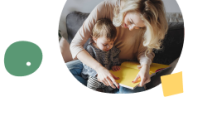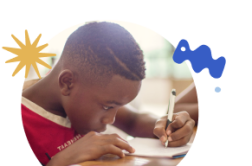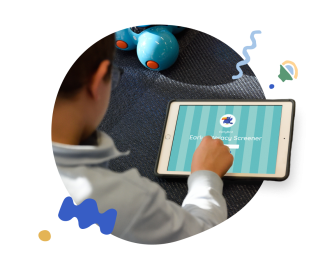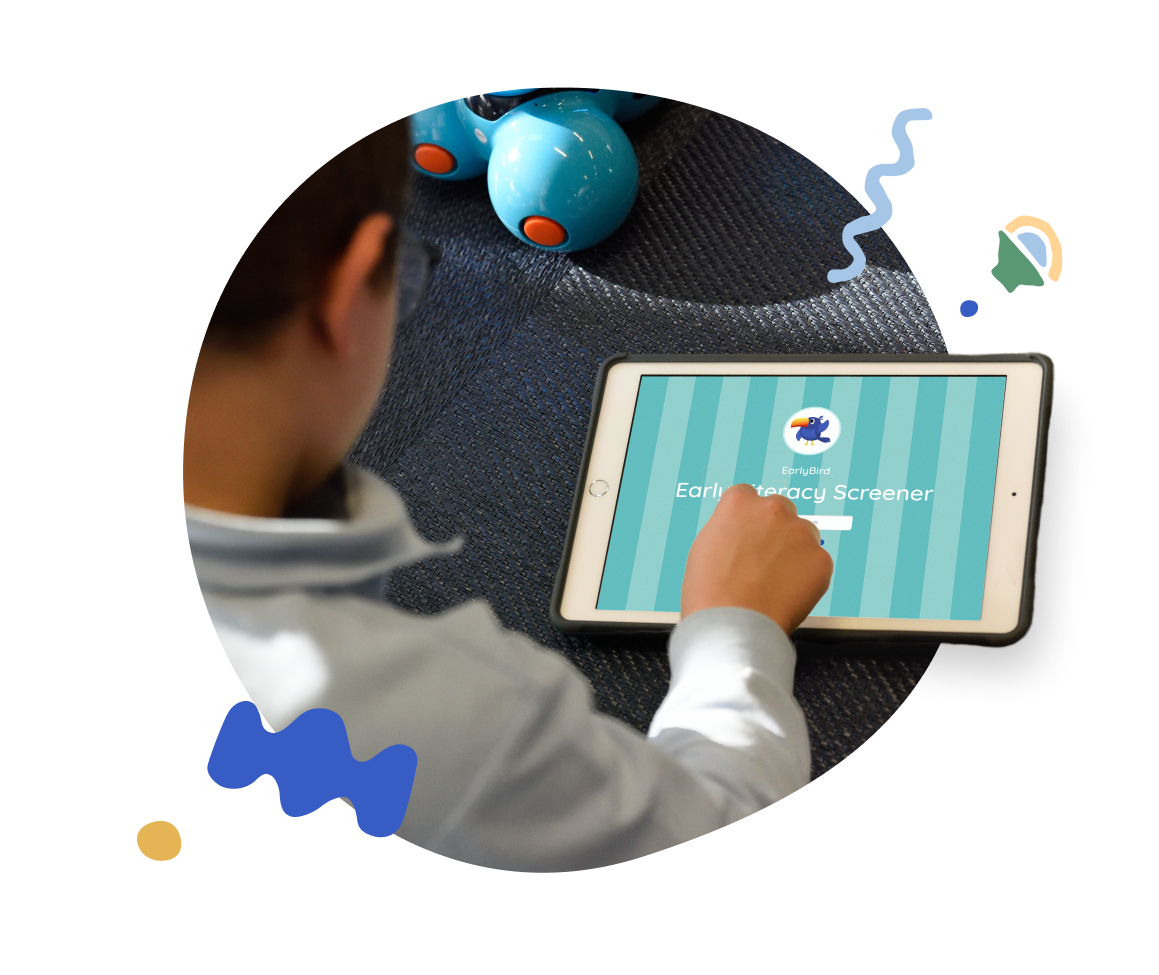Literacy screening is a process for identifying children at risk for later reading problems. Make sure that your child is being assessed for all components of reading, and at the time of development. Don’t wait for your child to fail before starting the assessment journey. Find a screening tool that will assess and identify at the time research tells us is the most critical for intervention; a screening tool that assesses the reading components that are aligned with the National Reading Panel; and a screening assessment that makes it fun for your child!
The EarlyBird screener is just that. It is a comprehensive early literacy screener that is aligned with the National Reading Panel and the Science of Reading. It is a game-based screener that can be administered as early as age four and does not require your child to read in order to be flagged for dyslexia. It gives you the information you need, both strengths and weaknesses, at a time when intervention is most critical. The EarlyBird Assessment has been created by leading researchers from Harvard Graduate School of Education and the Florida Center for Reading Research and validated at Boston Children’s Hospital giving you the information you need, grounded in science, to make the most informed decision for your child.





